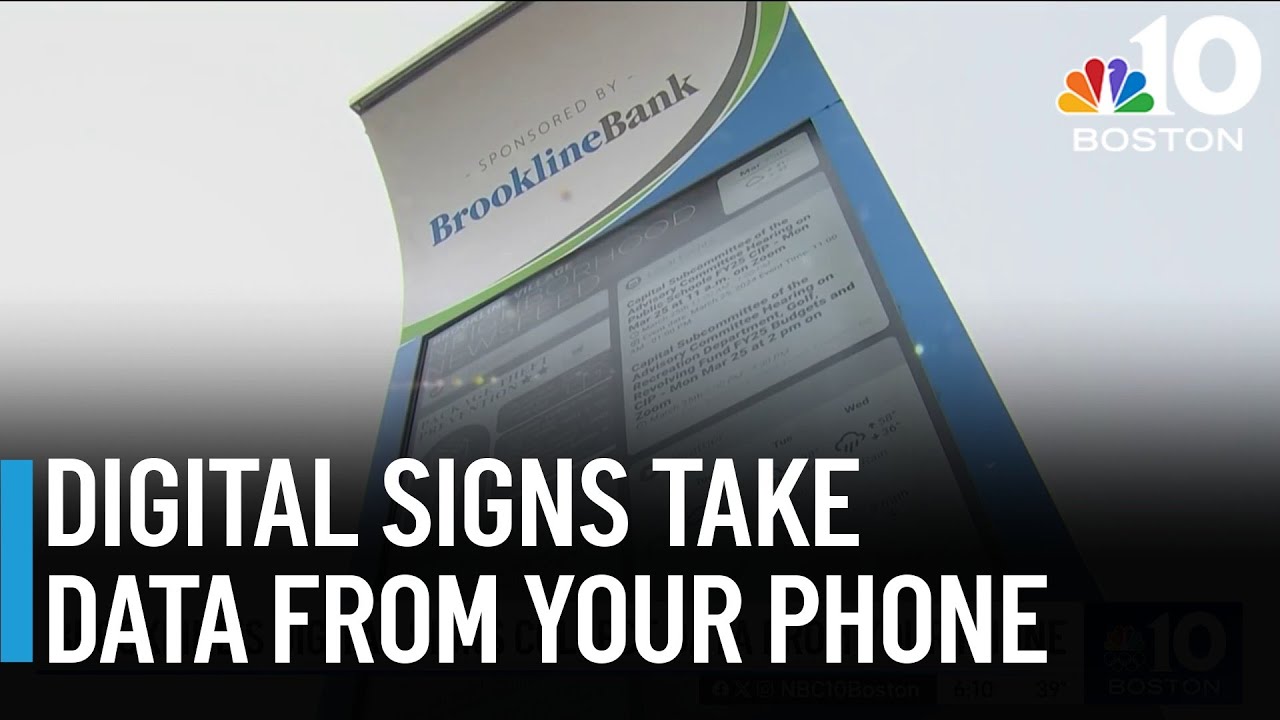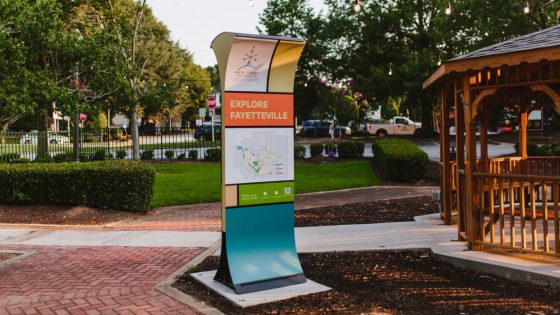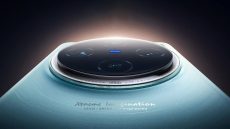Digital kiosks found in 18 states-maybe yours-accused of grabbing data from nearby phones،
Seven-foot digital kiosks that look like giant Amazon Kindles collect personal data from the smartphones of people walking past the kiosks. Smartphone owners are completely unaware that their data is being collected by these digital panels produced by a technology and advertising company called Soofa. The digital kiosks have been installed in 18 states, including Massachusetts, where the city of Brookline approved the installation of these signs six years ago.
Carey even has a response to those who say these digital signs collect smartphone users' personal data without their knowledge. “We use this information to make sure messages are effective and actually reach the community,” he says.

Soofa, the company behind the kiosks, says it does not collect any data that could be used to identify a person. A device's MAC address (media access control address) is collected. This is a unique identifier in the form of a 12-digit hexadecimal number assigned to each device on a network. The company's statement reads: “Soofa does not collect any data identifying any person or device. No other information beyond MAC address is collected, no data correlation is performed and the information is not shared with any third parties.”
Cities love these kiosks because they provide them with a percentage of advertising sales. However, the magnitude of this “reduction” is considered “insignificant,” according to John VanScoyoc, vice chairman of the Brookline Board of Trustees. He says kiosks are not worth setting up in town. “It's frankly an intrusion into public space for the purposes of a company that wants to make a profit. And I'm just against that as a general principle.”
City Administrator Carey says Brookline's contract with Soofa expires next year when it will need to be renewed. At that time, the city will determine whether the kiosks have been helpful to people living in or visiting Brookline. Over the next two months, Brookline plans to use the kiosks to broadcast public service announcements and to track data during the Boston Marathon taking place on April 15.
















